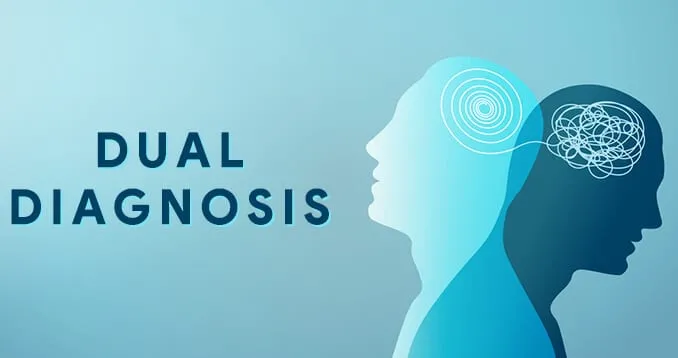Dual Diagnosis Treatment in Alcohol Rehabilitation Centers: Addressing Mental Health Issues

Alcohol addiction is a complex issue that can have a significant impact on an individual’s mental health. In many cases, individuals who struggle with alcohol addiction may also have underlying mental health issues, such as depression, anxiety, or post-traumatic stress disorder (PTSD). Dual diagnosis treatment in alcohol withdrawal centers is a specialized approach that addresses both alcohol addiction and mental health issues simultaneously. In this article, we will discuss the importance of dual diagnosis treatment and its benefits.
What is Dual Diagnosis Treatment?
Dual diagnosis treatment is a specialized approach to addiction treatment that addresses both addiction and co-occurring mental health disorders. In the context of alcohol addiction, this means that individuals receive treatment for both their addiction to alcohol and any underlying mental health issues that may be contributing to their addiction.
Why is Dual Diagnosis Treatment Important?
Dual diagnosis treatment is important because alcohol addiction and mental health issues are often intertwined. Individuals who struggle with alcohol addiction may use alcohol as a means of self-medicating to cope with underlying mental health issues. However, alcohol can actually worsen these mental health issues, creating a cycle of addiction and mental health issues that can be difficult to break.
By addressing both addiction and mental health issues with timely withdrawal simultaneously, dual diagnosis treatment can help individuals achieve long-term recovery and improve their overall mental health and well-being. It can also help individuals develop healthy coping strategies for managing their mental health issues, which can reduce the risk of relapse.
Benefits of Dual Diagnosis Treatment
Improved Outcomes
Research has shown that individuals who receive dual diagnosis treatment have improved outcomes compared to those who receive treatment for addiction alone. This is because dual diagnosis treatment addresses the underlying mental health issues that may be contributing to addiction, which can reduce the risk of relapse.
Individualized Treatment
Dual diagnosis treatment is highly individualized and tailored to meet the unique needs of each individual. This means that individuals receive personalized treatment that is designed to address their specific addiction and mental health issues.
Comprehensive Care
Dual diagnosis treatment provides comprehensive care that addresses both addiction and mental health issues. This may include individual therapy, group therapy, medication management, and other specialized treatments.
Long-Term Recovery
Dual diagnosis treatment can help individuals achieve long-term recovery by addressing both addiction and mental health issues. By developing healthy coping strategies for managing mental health issues, individuals are better equipped to maintain their sobriety over the long term.
Conclusion
Dual diagnosis treatment in alcohol withdrawal centers is a specialized approach to addiction treatment that addresses both addiction and co-occurring mental health issues. It is important because alcohol addiction and mental health issues are often intertwined, and addressing both simultaneously can improve outcomes and help individuals achieve long-term recovery. If you or someone you know is struggling with alcohol addiction and co-occurring mental health issues, consider seeking help from an alcohol rehabilitation center that offers dual diagnosis treatment.






